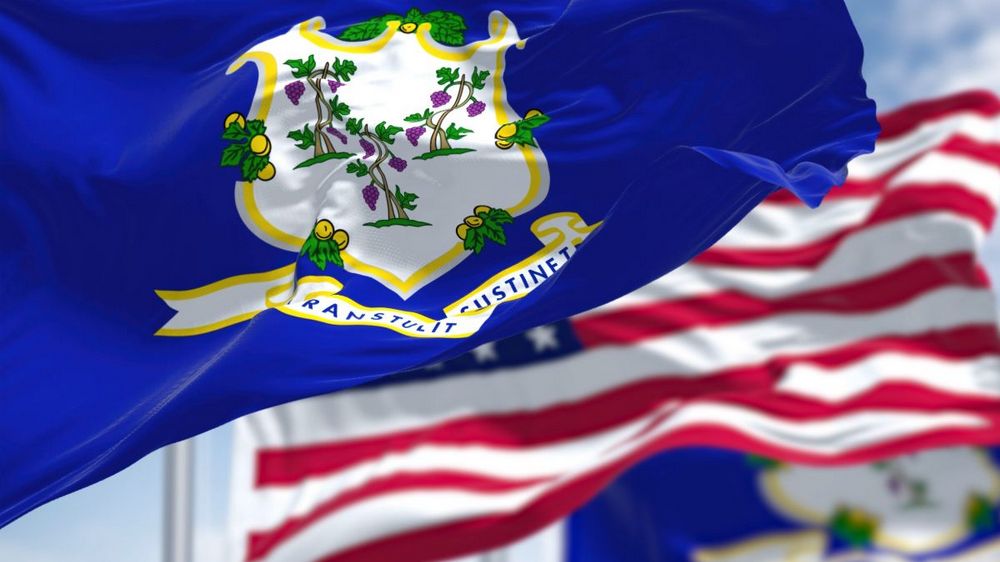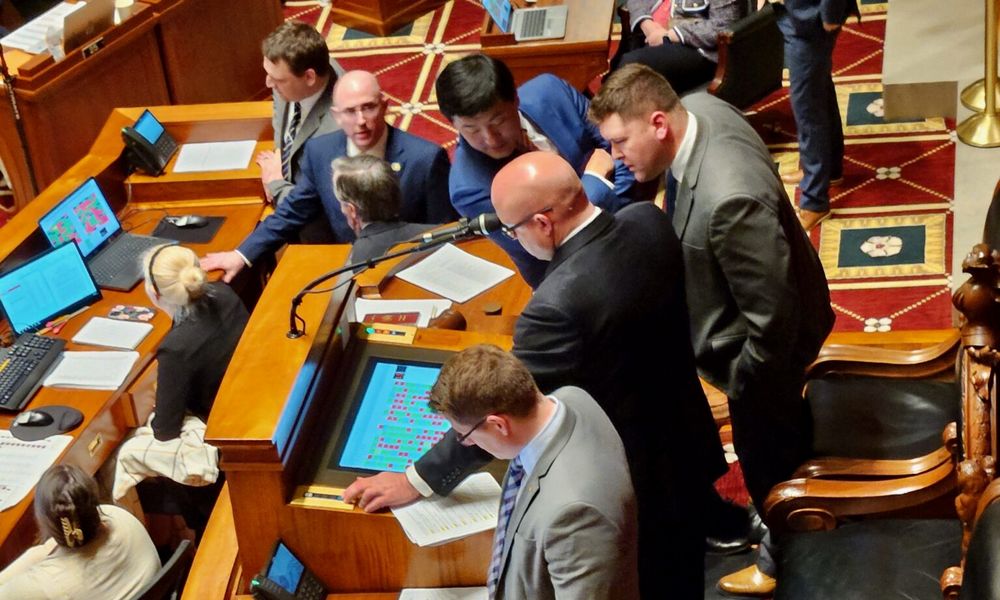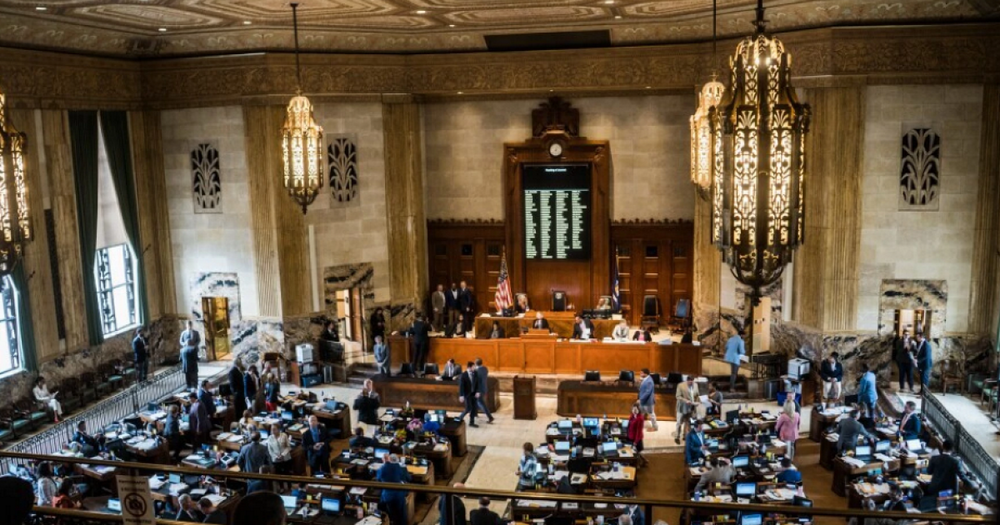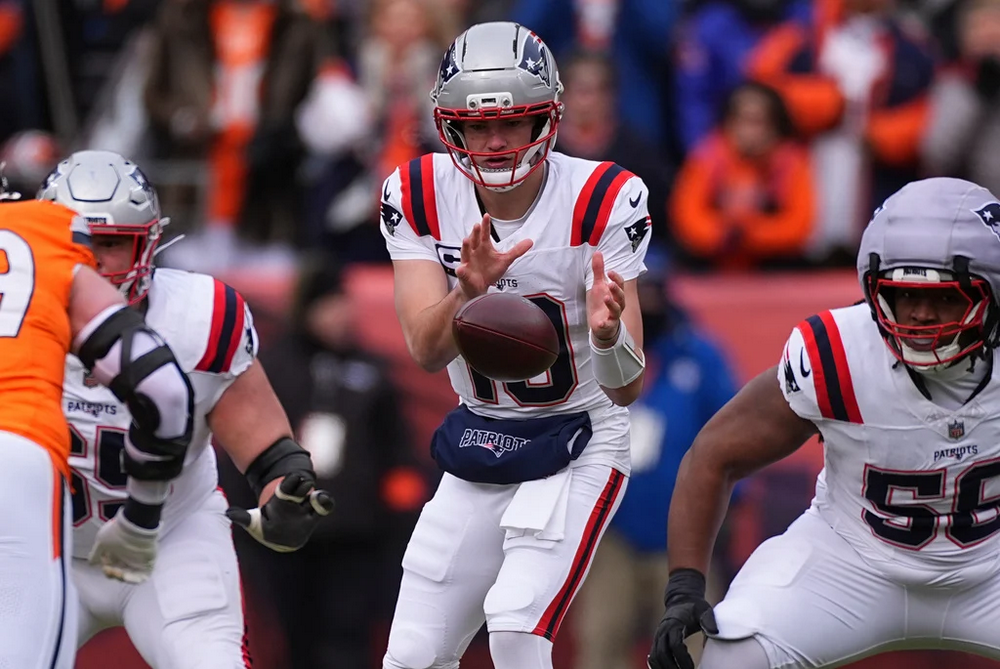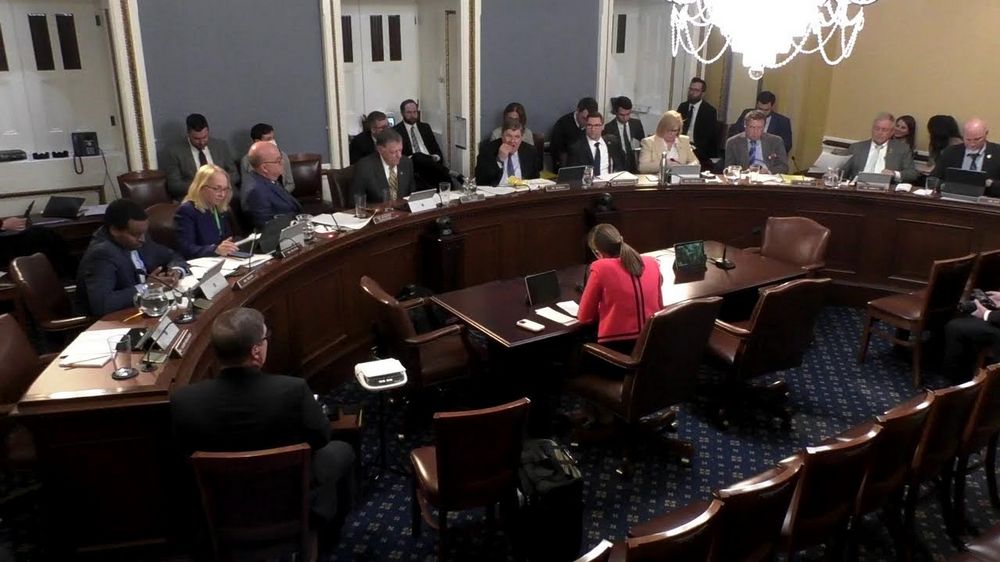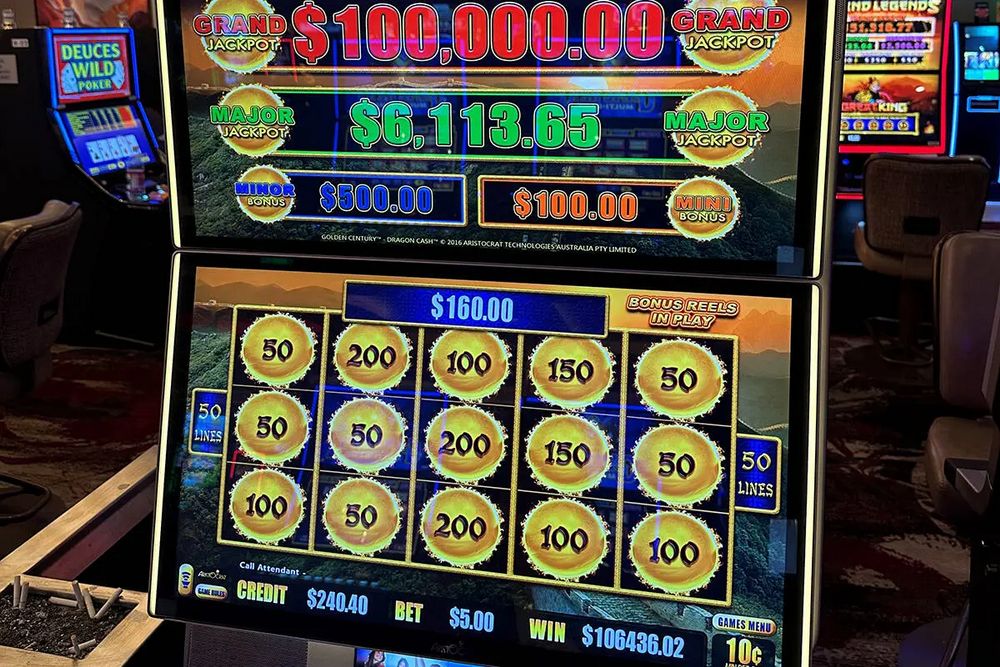The tax tweak that caps gambling-loss deductions at 90% of winnings is earning headlines—and raising eyebrows—after being quietly slipped into Trump’s massive “One Big Beautiful Bill.” Starting January 1, 2026, this change means gamblers could pay taxes on money they never earned, a move critics are calling a “phantom winnings” trap.
Under the prior rule, if you won $100,000 and lost the same, your tax bill landed at zero. Now? You only get to deduct $90,000 in losses, so the IRS taxes you on the remaining $10,000—income that doesn’t actually exist.

Lawmakers and industry voices are already reacting. A group in Congress is working to repeal the cap, calling it a penalty on those who report their gambling activity transparently. Casino executives have also expressed concern that this disincentivizes accurate tax filings and punishes high-volume professional players.
Uncle Sam Wants a Cut: New Gambling Tax Sparks Industry Backlash

Veteran gamblers warn this could be the final straw. One pro called it “the end of professional gambling in the U.S.” Others argue that most of the sports betting industry runs on tight margins, and this rule breaks the math entirely.
Tax analysts estimate the cap could generate around $1.1 billion in revenue over the next decade—but many see it as a stealth tax that unfairly targets a legal pastime.
With over $10.9 billion wagered in sports betting in 2024 and $13.7 billion projected in 2025, the stakes are high. Now, players are left wondering whether the odds are stacked not just at the table—but on their tax return.











